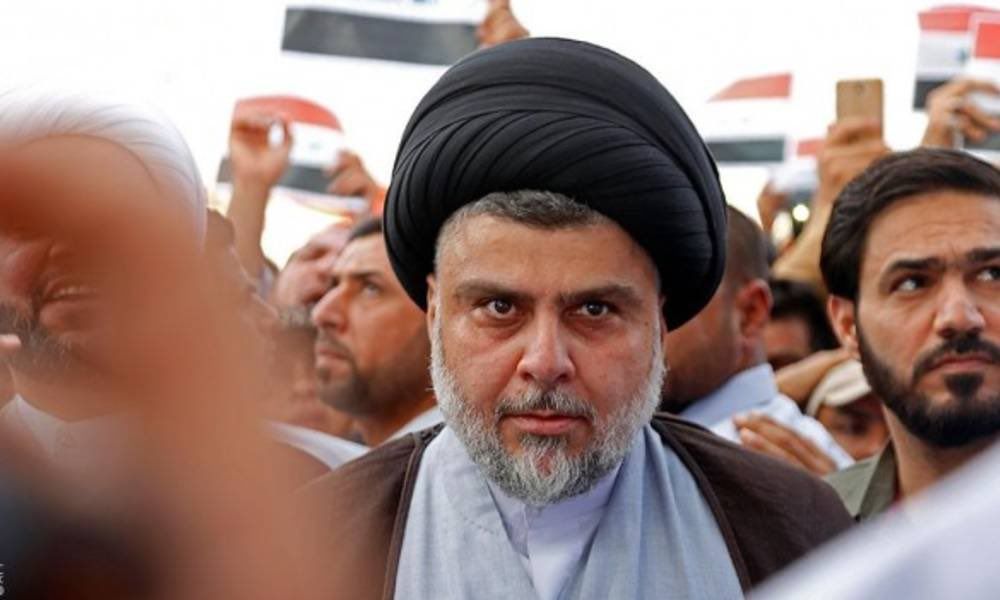Iraq’s two-decade experiment with democracy may be coming to an end, as conflict between political factions threatens to turn the West Asian country into a civil war.
In the most recent outbreak of violence in Baghdad, supporters of cleric Muqtada al-Sadr stormed government facilities and clashed with the pro-Iran Coordination Framework, a competing Shiite bloc. Both factions exchanged gunfire in Baghdad’s Green Zone.
Also read: Iraq protests: 15 killed as Al-Sadr supporters storm government palace
During the Monday skirmishes, at least 17 people were killed by gunfire, and about 100 people were injured. According to media reports, the strongly protected green zone has become a besieged zone.
Who is Muqtada as-Sadr?
Muqtada al-Sadr is a politician and militia leader in Iraq. He is the leader of the Sadrist Movement and the Peace Companies, a successor to the “Mahdi Army” militia he formerly led during the American military occupation in Iraq. In 2018, he joined his Sadrist political party in the Saairun alliance, which gained the most seats in the Iraqi legislative elections in 2018 and 2021.
Also read: Airstrikes in Syria intended to send message to Iran: US
He is suspected of ordering the assassination of Abdul-Majid al-Khoei in 2003, though he disputes the claim and his role has yet to be established.
He is a member of the renowned Sadr family, which originated in Lebanon’s Jabal Amel before settling in Najaf. Sadr is the son of Iraqi religious figure and politician Mohammad Sadeq al-Sadr, who opposed Saddam Hussein, and the nephew of Mohammad Baqir al-Sadr. He is frequently addressed with the honorific title Sayyid.
His formal religious position in the Shi’i clergy hierarchy is comparatively low. As a result, Sadr claimed neither the title of mujtahid (the equivalent of a senior religious scholar) nor the power to issue fatwas in 2008. He was said to be learning to be an ayatollah in early 2008, which would considerably increase his religious stature.
Muqtada al-Sadr is the fourth son of the late Grand Ayatollah Mohammad Mohammad Sadeq al-Sadr, an Iraqi Shi’a cleric. He is also Grand Ayatollah Muhammad Baqir al-son-in-law. Sadr’s Both were admired for their care for the underprivileged.
Muqtada was born in Iraq, and his great-grandfather is Ismail as-Sadr. Muqtada al-father, Sadr’s Mohammed Sadeq al-Sadr, was a revered person throughout the Shi’a Islamic world. He and two of his sons were allegedly slain by Saddam Hussein’s government.
In 1980, Iraqi authorities executed Muqtada’s father-in-law. Muqtada is a cousin of the recently disappeared Iranian-Lebanese Amal Movement founder Musa al-Sadr.
Sadr married one of Muhammad Baqir al-daughters Sadr’s in 1994.







